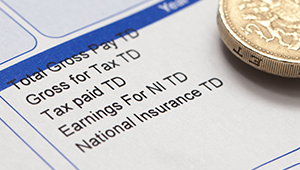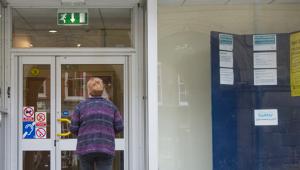Figures released today from the Office for National Statistics show the number of people unemployed fell by 53,000 to 1.54 million in the three months to March.
Average weekly earnings excluding bonuses increased by 2.1%. Inflation hit 2.7% in April, up from 2.3% – its highest since September 2013 – above the Bank of England’s 2% target.
This means regular pay adjusted for inflation fell 0.2% in first three months of the year - the first fall since the third quarter of 2014. The jobless rate has not been lower since the June-August period of 1975.
The employment rate – the proportion of people aged 16-64 year olds in work – was 74.8%, the highest since records began in 1971.
According to the Resolution Foundation think-tank, pay is set to be squeezed further in the coming months – with real pay falling by around 0.5% – and wages showing no sign of keeping up with quickly rising inflation.
Stephen Clarke, economic analyst at the Resolution Foundation, said: “Britain kicked off the year with another welcome record on employment, and another big fall in unemployment.
This welcome jobs boost will provide a much needed boost to family incomes. “However, the good news on jobs is not feeding through to positive news on pay growth, which turned negative at the start of the year and looks set to remain below inflation throughout most of 2017.
“Coming so soon after the big post-crisis pay squeeze, this new phase of falling pay means that this decade is set to be the worst in over 200 years for pay packets.”
John McDonnell, Labour’s shadow chancellor, pointed to the ONS figures as evidence of the government’s “total failure” in improving living standards for working families.
He said: “Real wages are lower than they were in 2010 and, after seven years of the Tories, they are now falling again.
“The choice at this election couldn’t be clearer: either a Tory party presiding over a crisis in living standards or a Labour government that will build a Britain for the many, not the few.”
Liberal Democrat shadow chancellor Vince Cable said the squeezing on living standards was caused by the falling pound since the Brexit vote, he warned if Theresa May continued with her “extreme Brexit agenda” things would get worse.
“People don’t have to settle for a bad Brexit deal that will cost jobs and push up prices. A brighter future is possible,” he said.











